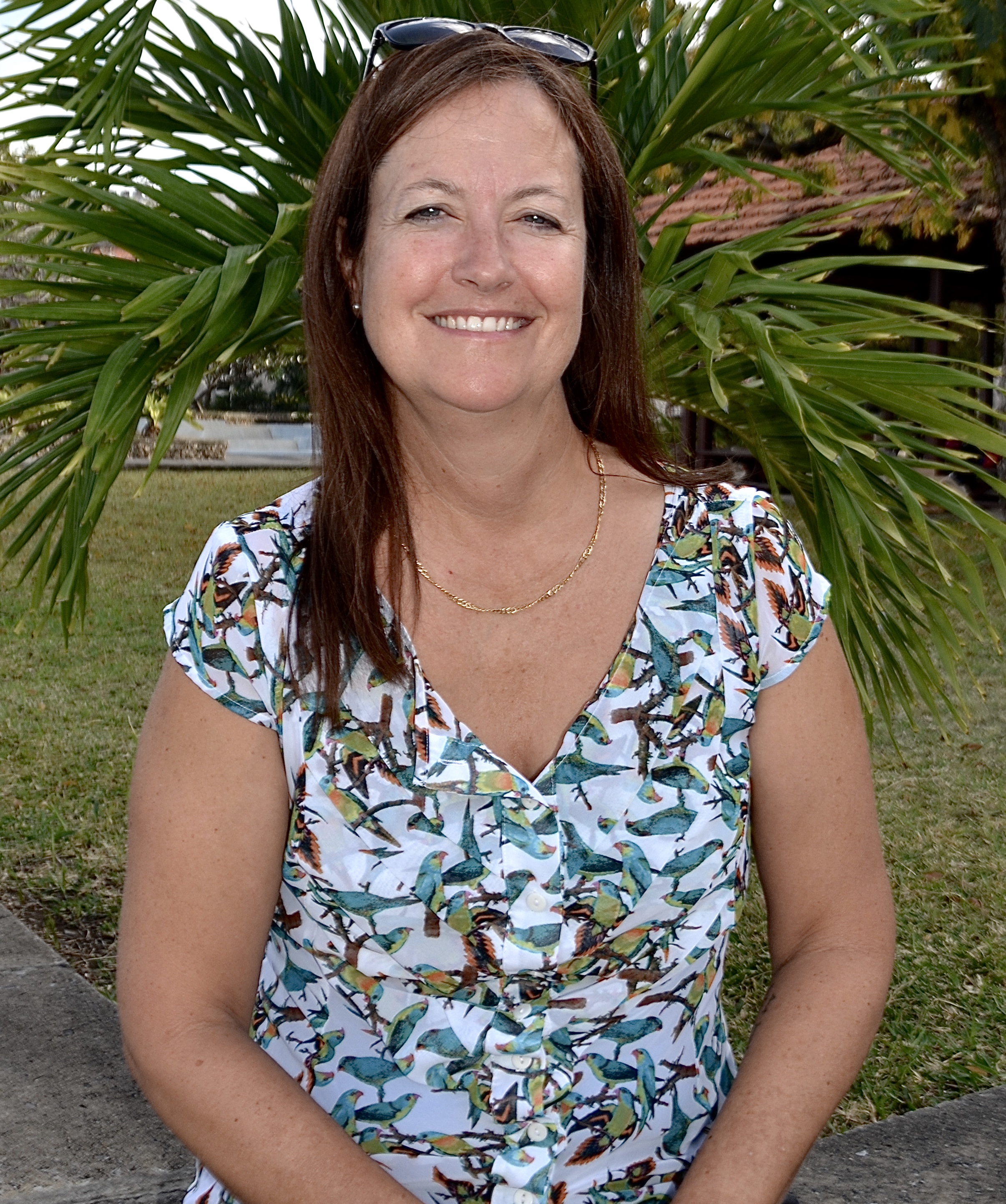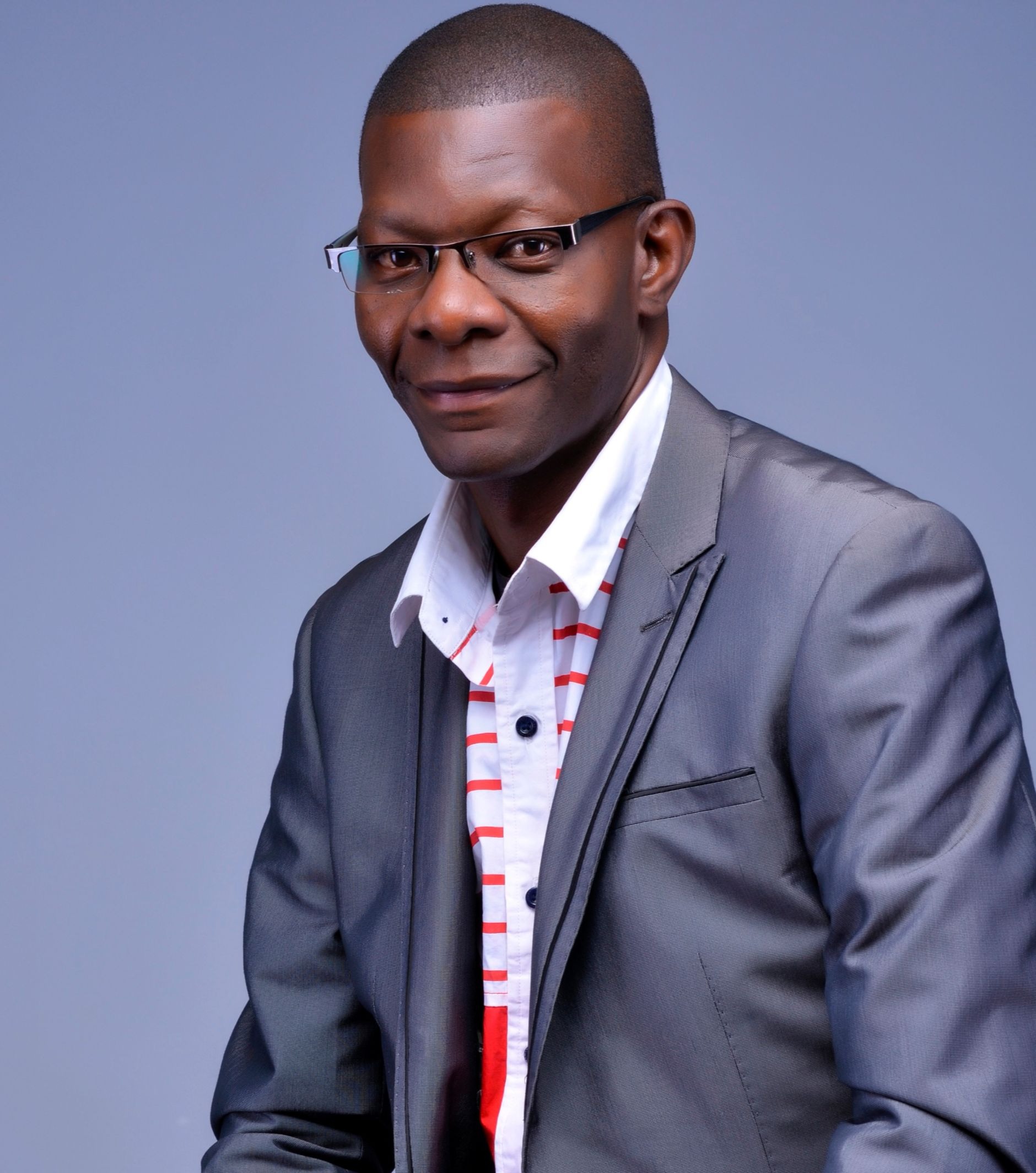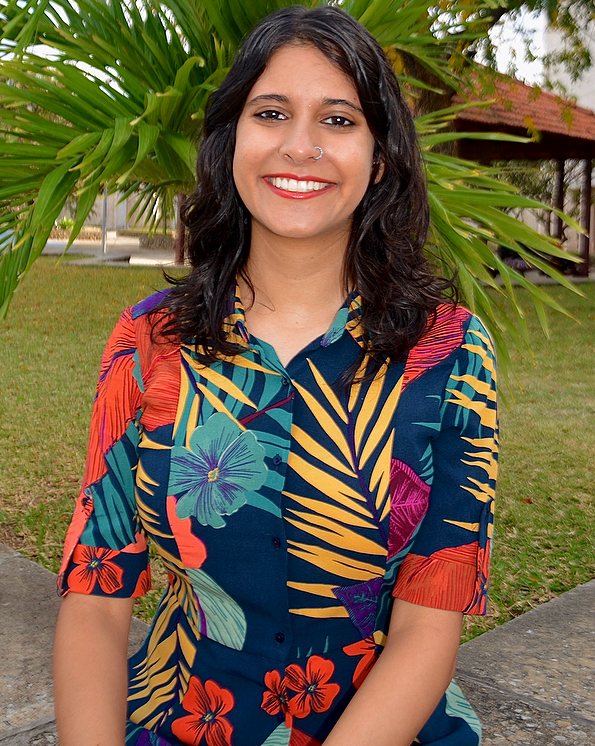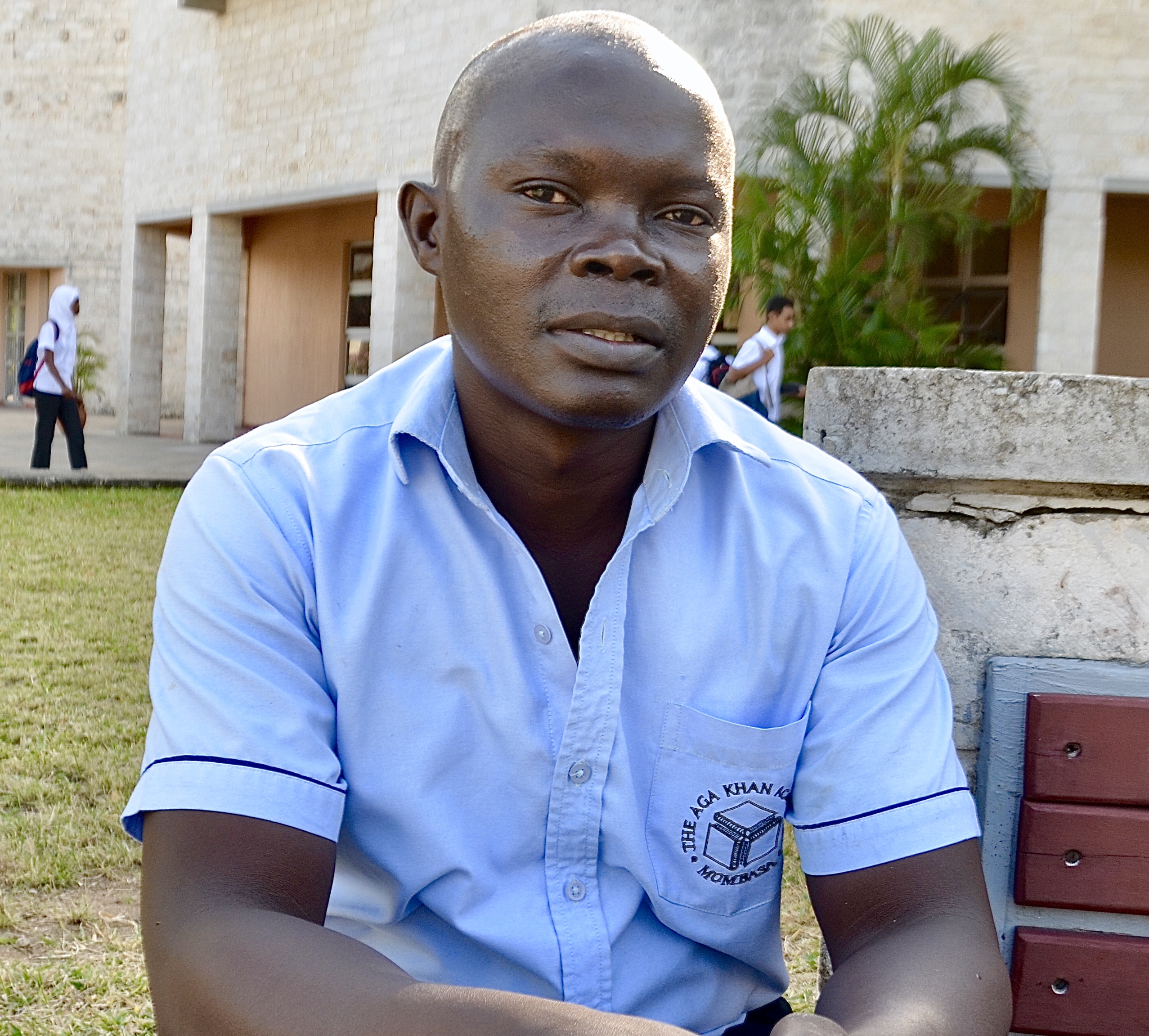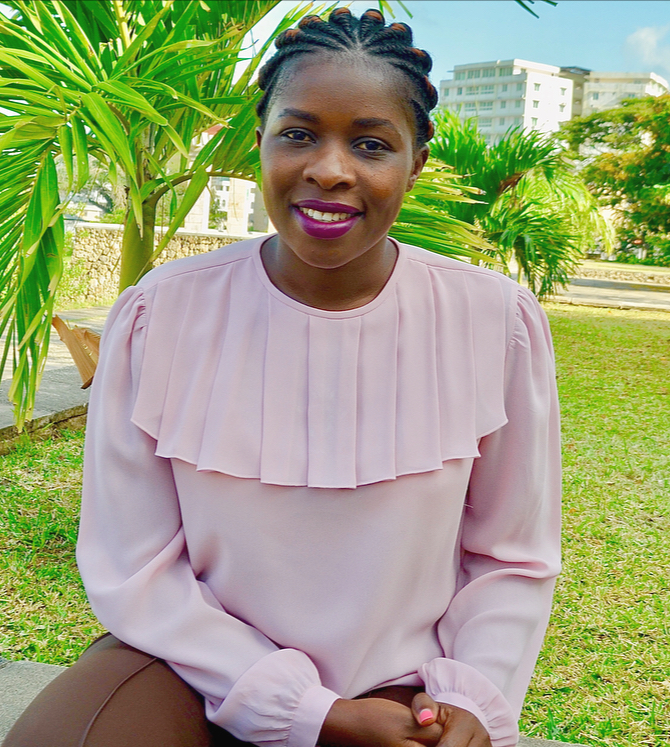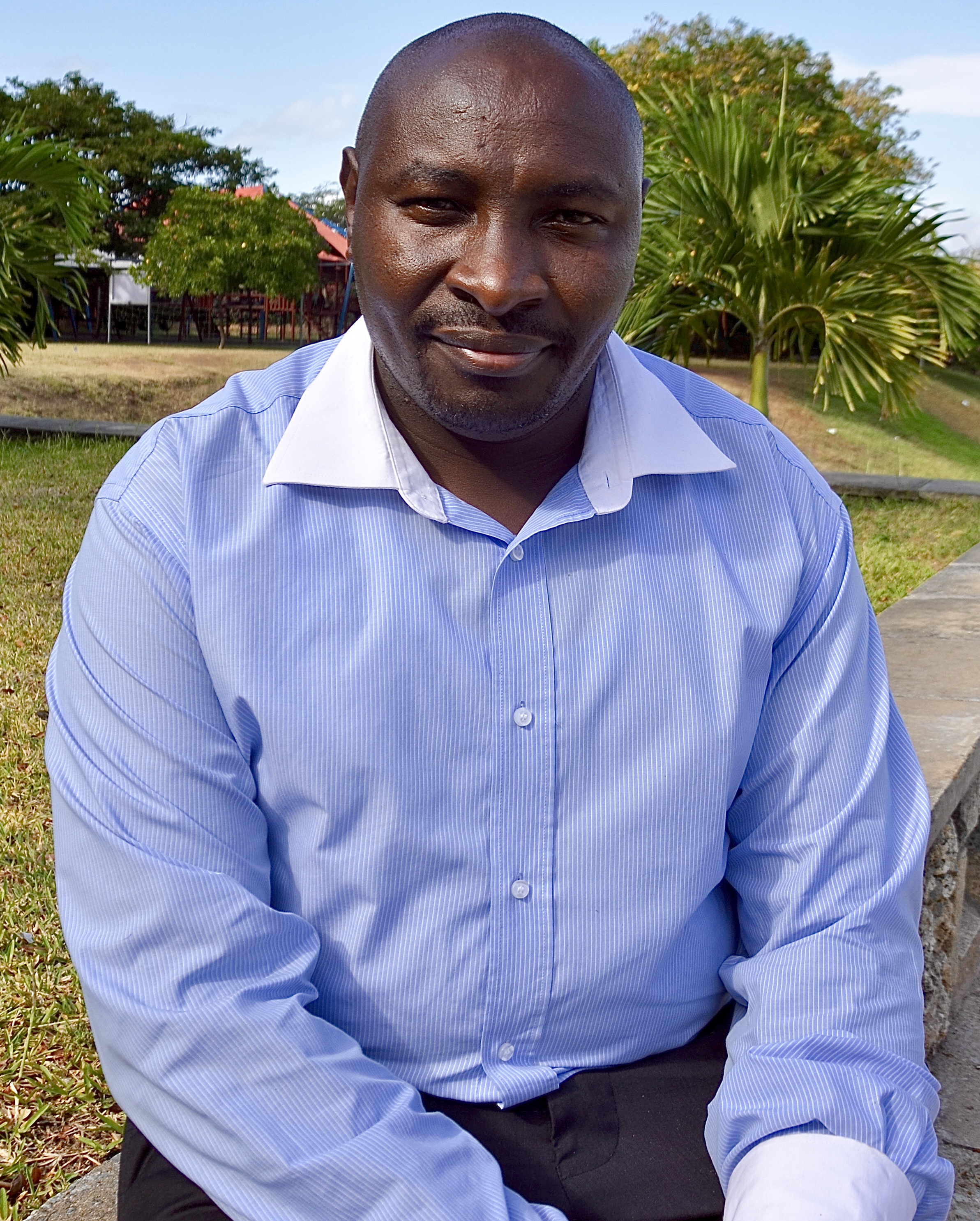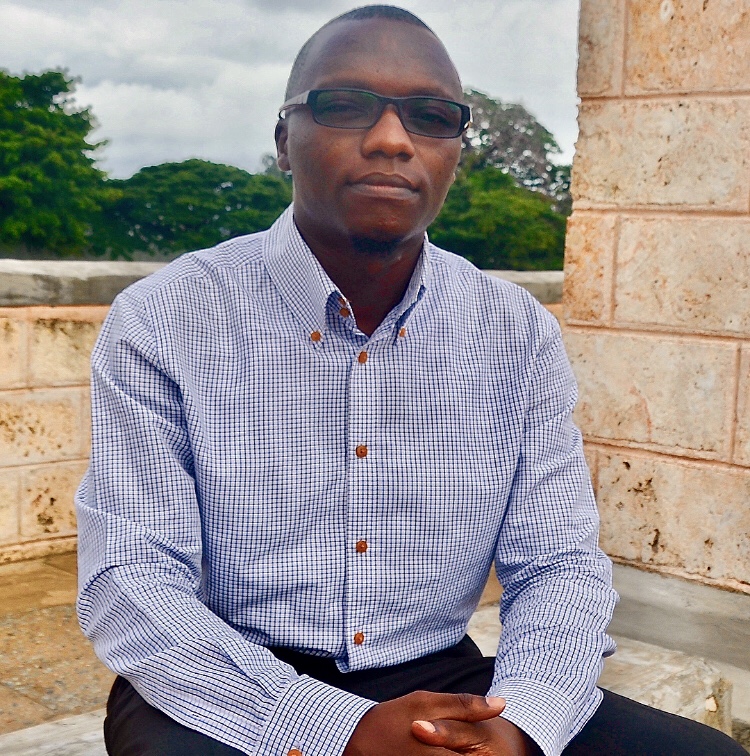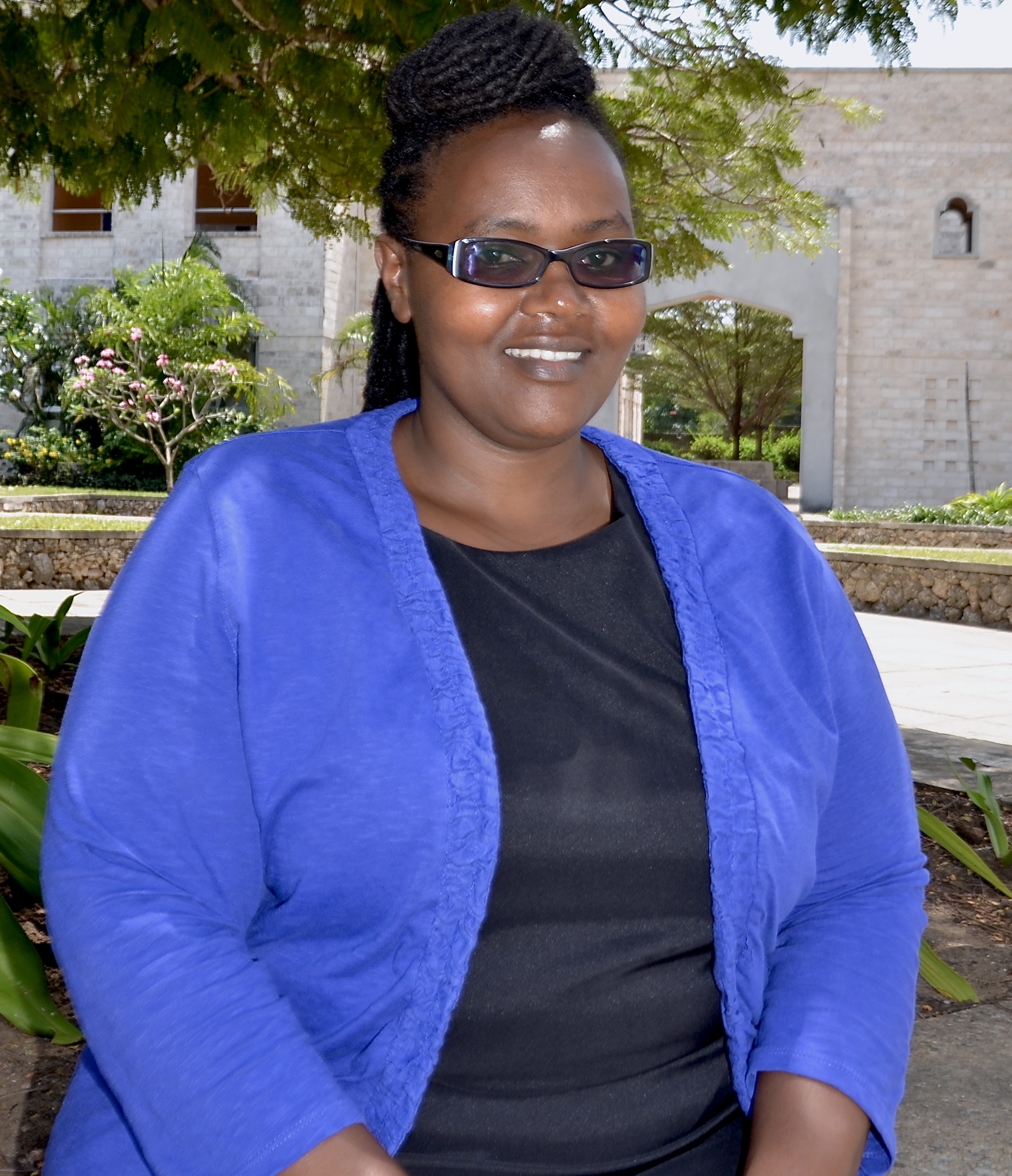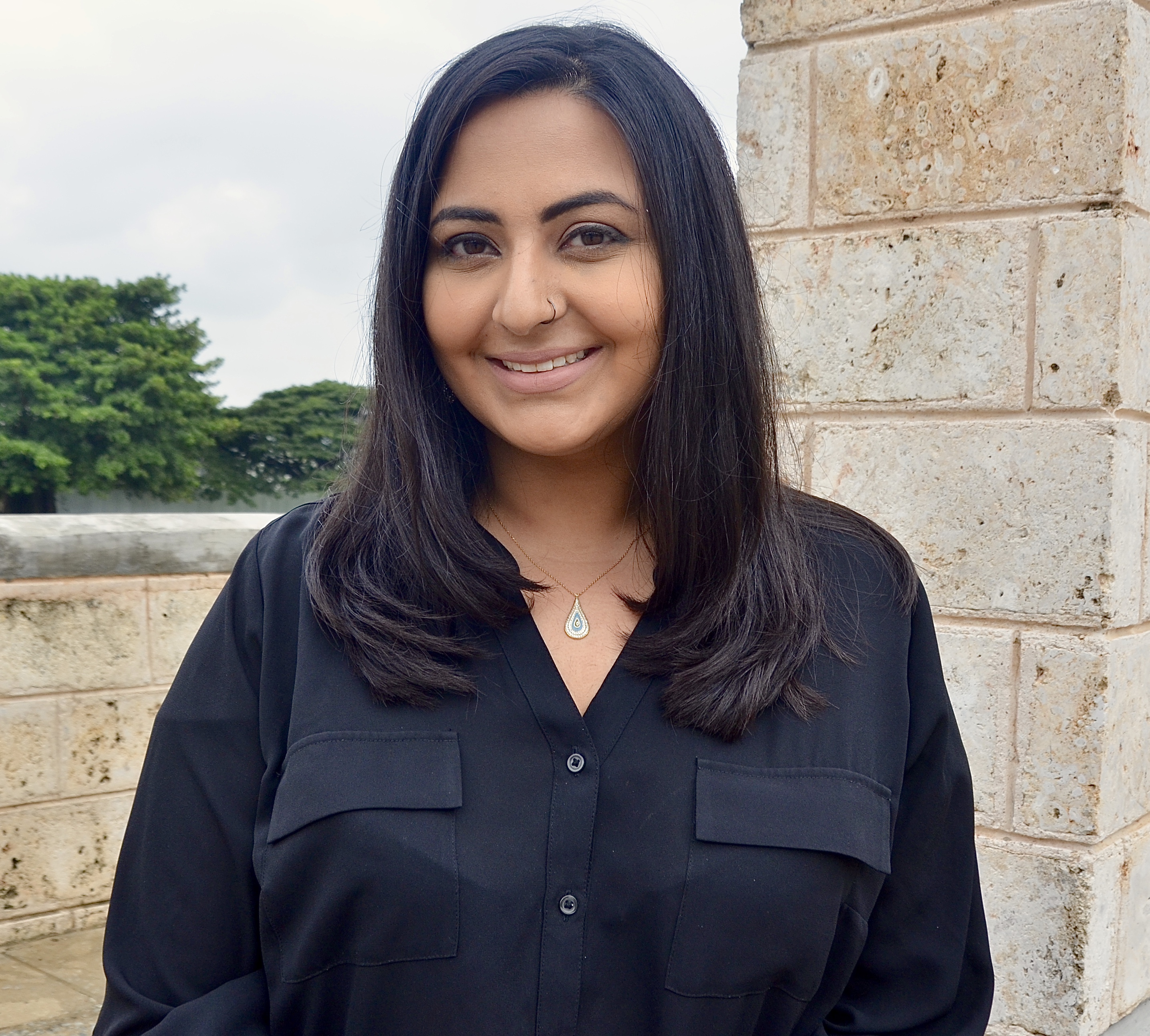About the AKDN
The Aga Khan Academies are a programme of the Aga Khan Development Network (AKDN). The AKDN is a group of development organisations with mandates that include the environment, health, education, architecture, culture, microfinance, rural development, disaster reduction, the promotion of private-sector enterprise and the revitalisation of historic cities. AKDN programmes are conducted without regard to faith, origin or gender. [ Find out more ]
Education in the AKDN
The AKDN has been involved in education in the developing world for over a century. Its education programmes cover a wide spectrum of activities, from early childhood to post-secondary education, teacher training, literacy programmes, school improvement and educational policy reform. The Aga Khan Education Services, the Aga Khan Foundation, the Aga Khan University, the Aga Khan Academies and the University of Central Asia are the Network's lead organisations in education.
Partnerships
-
The Aga Khan Academies have established partnerships with governments and educational institutions around the world.
-
Current partners include:
The IB | Government of Ontario | AFD | UBC | Concordia | UCLA | CSUN | Ryerson - Ministries and Departments of Education in each of the countries within which our schools operate.
